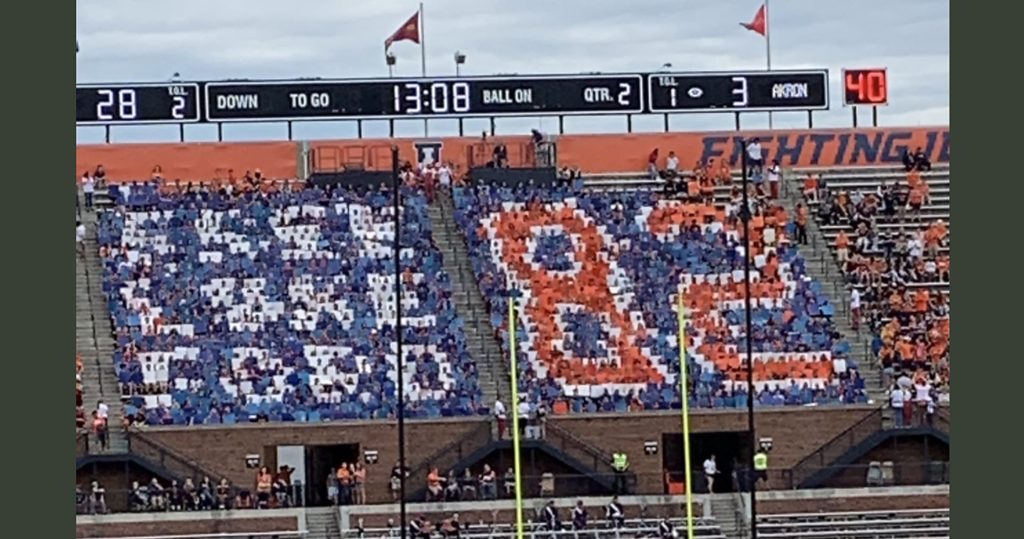
It can’t be personal, because I don’t personally know anybody who works for the NCAA, but I hate the organization as a whole because it reminds me so much of our federal government: it is a bloated bureaucracy that seems to exist only for making bizarre, arbitrary, and confusing decisions with enormous power over student-athletes, and zero accountability for those decisions. Don’t believe me?
Go to the NCAA website and try to figure out how to ask a person responsible for athlete eligibility a question. There aren’t even any email addresses or phone numbers listed for their media resource contacts! What chance do you think a serious “blogger” might have getting his questions answered through the same NCAA media inquiry form used by an ESPN reporter?
I’m guessing zero, but I went through the motions. For that reason, it was written on Monday but will be saved for publication until Tuesday, to give the NCAA an opportunity to respond. Though I don’t expect the NCAA to even tell me the time of day, I’m going to follow the same protocol as any serious journalist and give the source an opportunity to respond before I rip them to shreds. The deadline came and went without my question answered: “Why was Luke Ford’s appeal denied?”
Oh, how do I hate the NCAA? Let me count the ways, using a baseball analogy to talk about football:
Strike 1: Kolton Houston is forced by the NCAA to undergo elective surgery to remedy a doctor’s mistake in order to become eligible to play for the University of Georgia. Houston received an injection by a doctor of a banned substance to treat a football-related injury. Adding insult to injury, the illegal drug was improperly injected. Rather than issuing Houston an exception for an honest mistake as opposed to an attempt to cheat, the NCAA forced the young man to have unnecessary and potentially dangerous surgery as a last resort, only to become eligible to play football.
Strike 2: In 2014, Todd Gurley of UGA is suspended four games, which arguably cost the Bulldogs an opportunity to play for the SEC championship instead of the Missouri Tigers. However, during the previous season Johnny Manziel of Texas A&M had been suspended by the NCAA for only two quarters in a non-conference game, even though the suspension was for the exact same offense. The excuse given for the disparate treatment of the two players by the bureaucracy was “plausible deniability”, but cynics might argue that “NCAA income” is a more plausible explanation because Manziel was the 2012 Heisman Trophy winner and the team quarterback. Four years earlier, A. J. Green had also been suspended four games. Meanwhile, Cam Newton gets a ridiculous slap on the wrist as punishment for far worse allegations. There doesn’t seem to be any rhyme nor reason for these apparently arbitrary disciplinary decisions.
Strike 3: Luke Ford. The NCAA transfer portal is a confusing joke. Justin Fields, Tate Martell, Aubrey Solomon, Nick Muse, and a number of other football players were cleared for play immediately after transferring to new schools, but Luke Ford’s application was denied, and then his appeal inexplicably denied as well. Why are some players differently than others?
I have no problem with Justin Fields playing quarterback for the Buckeyes this year after leaving Georgia for lack of playing time when Luke Ford is denied the ability to play because of an illness in the family. In other words, the common sensical exception to the rule that athletes who transfer should be forced to sit out a year ought to be the Luke Ford situation, not Justin Fields or Tate Martell, who both moved hundreds of miles further from home in order not because of family needs, but to simply get on the field and playing the game quicker than they would if they stayed where they originally signed.
Georgia fans might have gotten used to getting screwed by the NCAA, but that doesn’t mean we’ve ever learned to like it. Jimbo Fisher wasn’t required to sit out a year when he left Florida State for Texas A&M (and millions of dollars), and so a college athlete shouldn’t either.
The NCAA is an unaccountable “nonprofit” bureaucracy with control over enormous amounts of money and virtually unlimited power over relatively defenseless college athletes under their direct influence. And so I hate the organization for creating an environment where it seems unfair and unequal treatment is more likely than an unbiased application of the rules across the board. The NCAA should be forced to apply their rules equally and fairly to every student athlete, and the perception created in this case is that two sets of rules exist.
Free Luke Ford!

Couldn’t agree more JOHN. They do exactly what they WANT to do with no regard for the rules they made. The rules should be the SAME for everyone.